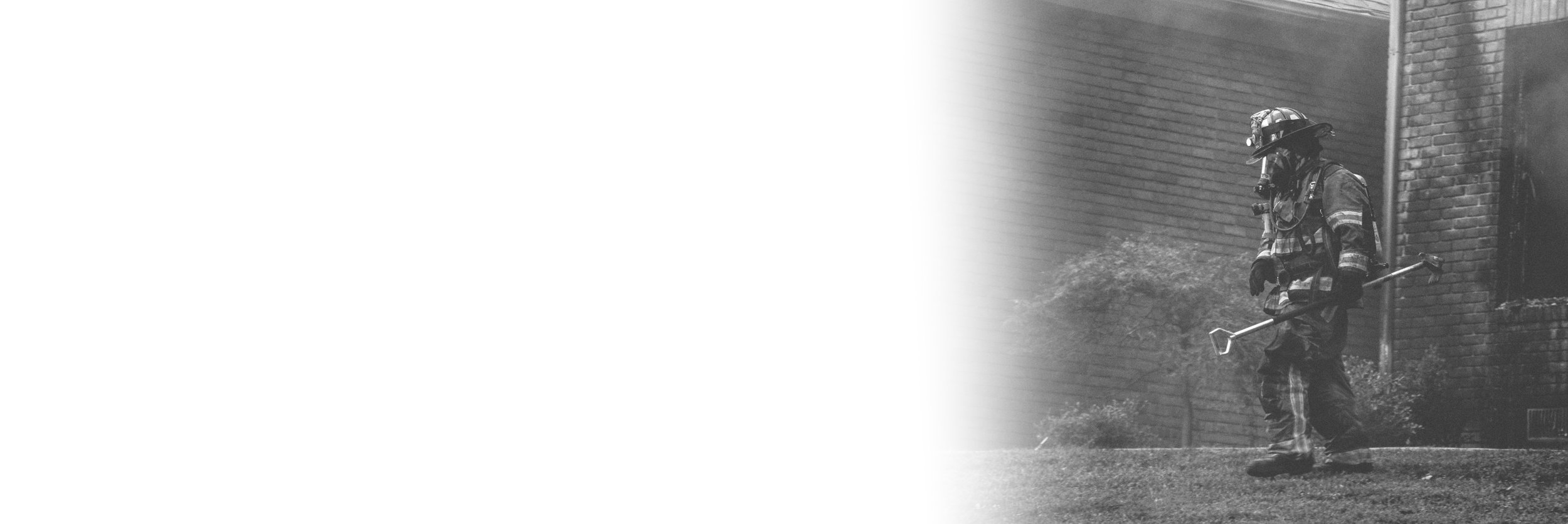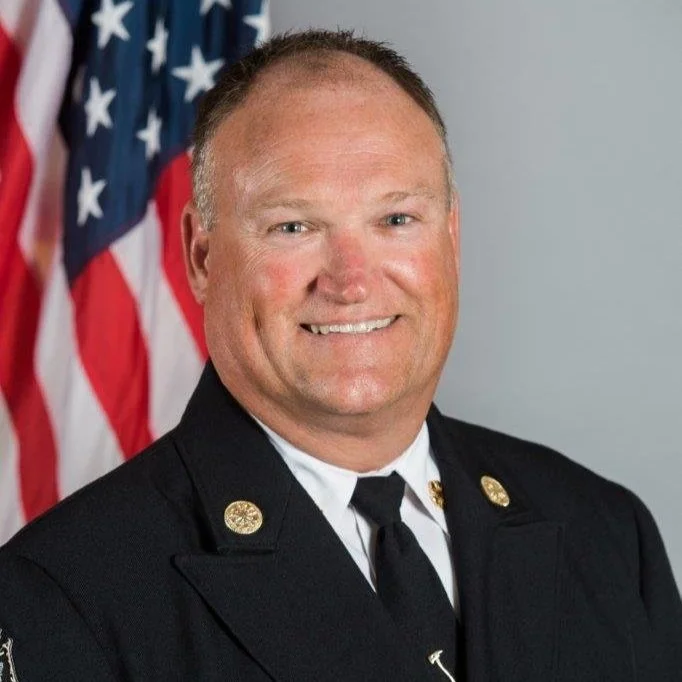
Heart-Smart Station Alerting
The healthier and more effective way to respond to emergencies.
Supported by Firefighters. Proven by Science.
EaseAlert vs. Standard Alerting Systems
EaseAlert improves health impact ratings by 169%
95% Agree that EaseAlert is less physically startling
68% Agree that EaseAlert improves response capabilities
Research conducted by NDRI-USA / CFREHR and ERAU. Clinical trial funded by NIH/NHLBI.
Testimonials
“EaseAlert has lowered the stress and anxiety of all members and helped decrease the Aggregate Response Times to all emergencies.
I was very skeptical at first… but the Dyess Fire Department (and their Fire Chief) are now firm believers in the EaseAlert product.
This is a great product, well worth the investment, and the customer service from EaseAlert is top-notch.”
Greg Ranard
Fire Chief, Dyess AFB Fire Department
“[EaseAlert’s] data-driven results have opened our eyes to the impacts that our old station alerting system was having on our personnel.”
Carlos Aviles
Fire Chief, City of St. Augustine Fire Department
“We feel that the EaseAlert system will reduce stress and provide additional health and safety benefits to our personnel.”
Ty Silcox
Fire Chief, Fernandina Beach FL
“My crews feel less startled and healthier with EaseAlert. That’s the most important benefit to me as the fire chief.”
Roger Swint
Fire Chief, City of Morrow Fire Department

What firefighters say about EaseAlert
Enhanced Situational Awareness
Purpose-built devices improve situational awareness (SA) by delivering unmistakable alerts, directly to emergency responders… even when hearing is difficult.
Designed, developed, and manufactured, in the U.S.A.


Heart attacks kill
more firefighters
than any other cause of on-duty death.
Dangers of Loud Alerts
Noise triggers a startle response, which can increase blood pressure, intracranial pressure, and sweating
Source: US Fire Administration
Legacy alarms are the loudest sound a firefighter typically hears while on duty
Source: NIOSH
Repeated startle responses can fuel cardiac risk over time
Source: American Heart Association








